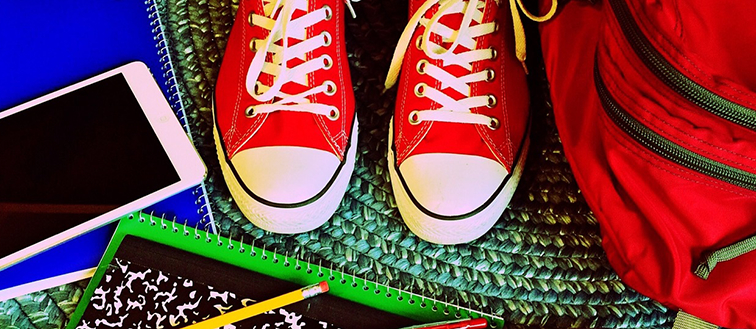Edpurpose
The purposes of the education system
Professor Norman Thomas - School of Education

The first day of my retirement from the post of Her Majesty's Chief Inspector for Primary Education in England, in 1981, coincided with the first day of Sir Keith Joseph's occupation as the Secretary of State for Education and Science. I had been asked to delay my retirement and decided not to. A few weeks later I heard that Sir Keith's first question was to ask what the purpose of the education system is. I immediately regretted that I was unable to take part in the formulation of the response. The question he had raised was and is, in my view, of fundamental importance in deciding what needs to be done, both in detail and in general by the educational system. Both before and since the posing of the question the pressures of successive Governments indicate that the purposes are to achieve a required level of success when answering prescribed tests with the longer aim of being selectable for a job (undefined). The fundamental error of this perception is that THE purpose of the educational process is to prepare for one aspect of the future. The error is one of over-simplification.
Broadly, the purposes of the education service, which link with those taking place outside the more formally provided service, are to enable children to increase and to continue to increase their understanding and knowledge of the world they live in. That world includes themselves, other people, other animals, plants and the inorganic materials which surround us, many of which we depend upon. It also includes the circumstances in which the Earth exists and which affect our daily and longer term lives.
Two fundamental reasons for increasing this understanding and awareness are to enable the individual to contribute to the general good positively throughout life and to gain from the circumstances in which she or he lives. Those requirements apply to the youngest and the oldest of human beings.
Meeting these purposes has a significant effect on what needs to be done in nurseries, schools, colleges and universities. It is not simply a matter of learning facts and skills, it also requires engaging in and developing the ability to choose and operate the current knowledge and extend it. A significant aspect of education to which that applies is teaching children to read. That notion is far too often expressed as though it only concerns teaching children how to read, a vital part but only a part of the larger process. When the wider view is taken it becomes easier to understand that almost all– perhaps even all – subjects of the curriculum contribute to teaching children to read. Many require an application of mathematical concepts and skills. From the youngest age, children need to be investigating and experimenting with the circumstances in which they live. The fundamental purposes of teaching history are to understand better why things are as they are and to appreciate that what we do today may well affect what happens in the future. Sometimes the resulting changes were not intended and may even be disadvantageous, as with some of the current health and safety requirements.
Of course, there are lines of development that are desirable and can be identified. The traditional subjects offer a useful definition providing we recognise the extent to which they interconnect, an issue that becomes more difficult as the extent and depth of subject matter requires more specialist teaching and consequently time-table separation. They certainly include means of communication that involve the imagination, through literature and also through the visual and aural arts, and physical activity including daily exercise, sometimes involving competition.
So far as progression is concerned, we need to be clear that in all aspects of the curriculum each child is on a journey. As with all journeys, we may have a destination in mind, but we have to proceed from where we are. That is why assessments designed to form a view about what is required next are so much more important than those designed to put children (or schools or even countries) into an order of achievement. The latter often rely on the accumulation of marks so that two testees with equal totals may have reached those totals in significantly different ways.
The educational process is complicated. It often calls for noticing finer differences – which is the adder and which the grass snake? - and at other times, fundamental similarities – is a dolphin a fish? It also depends on the personal differences between those engaged – pupils/students and staff – and the circumstances in which they live and have lived. It is by no means true that these can be ordered into a simple universal scale. The requirement on the educator is to adjust the experiences provided to suit the pupils/students and the circumstances involved, and that itself is complex given the differences within the group being provided for.
My experience of teaching and observing teaching in England and abroad tells me that providing experiences which the learners find engaging and relevant can have excellent results. In the school of which I was the headteacher, it was a nine year old who uncovered the earliest known remains of a Saxon settlement in Hertfordshire.
⇠ Read 'Assess compassion in Higher Education...'Read 'Joint mathematics project with a local junior school...' ⇢
LINK 2016, vol. 2, issue 1 / Copyright 2016 University of Hertfordshire




